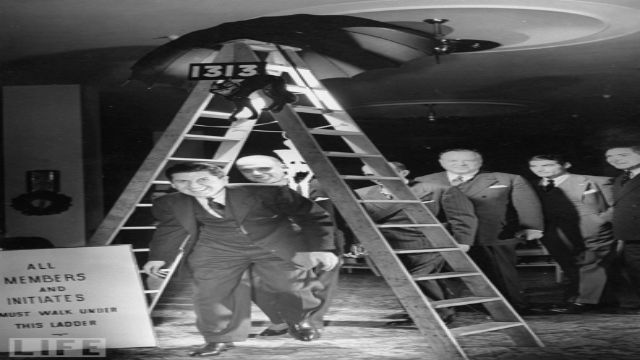The Moral Importance of Fiction and Literature

One important purpose of literature has always been to allow us to safely test our moral fibres against the grain of hardened anathemas: killing, adultery, incest, pornography, theft, anarchy have all been explored in various forms of literature.
Whether as primary or even minor themes, words became safety-gloves allowing authors to pull these taboos from the heart of outrage. Here, no one was really killed, no one is really being cheated on. These characters are as real as you want them to be, existing in your head: but, nevertheless, the good writer makes you feel as though these are people betrayed, killed, misunderstood. Whether you came to change your moral outlook on adultery because of Madame Bovary or lessened your anger at murder because of Crime and Punishment remain less important than whether you truly engaged with these concepts, from the safety of the open book.
It seems, as usual, that the hardened religious folks are the ones who truly understand the power of words: they are the ones wanting various books to be used as kindle for their literal flames of outrage. Whether it was Rushdie’s The Satanic Verses, Miller’s “pornographic” Tropic of Cancer, and so on, the outraged were the ones realising the power of moral testing that literature provokes. Often, those who are the most outraged by social taboos are those least qualified to talk about them: whether from experience or from intellectual understanding. Yet it is these very same who want no words but their own to have moral dominion in our conceptions of what is and is not taboo. This should be an unacceptable position for any person genuinely interested in what is right by virtue of reason, not by assertion.
With reason, we can debate, repair our moral failing, improve on mistakes. Assertion brings with it the presumption of infallible moral thinking. We call this dogma.
To prevent dogma, we ought to engage as reasonable beings with these taboo issues themselves.
Literature, like novels and comics, allow us to experience such taboos “first-hand”: it’s happening “to you” and “no one else”, though it still allows you to talk it out with fellow readers.
Weaving these kinds of social taboos, along with strictly comics taboos, writers like John Milton, James Joyce, and – as I will be arguing in follow up posts – comic writer Alan Moore help move readers forward in their thinking to be better moral agents and, therefore, better people.
Hitting close to the mind also means hitting close to the heart, in these cases. Writers, as creator gods, can fashion characters we can – often literally – fall in love with, only to kill them off due to the dictates of story. Consider how often people have cried over poetry, over literature, or, indeed, over character deaths. Characters aren’t merely “squiggles on a page”: they are given form and life as much as anyone else – our reactions might be less by degrees, but not different in terms of kind.
The ethical importance then of literature and fictional story-telling – in the form of novels, comics, even video games, films and television – is that of the safe space we’re allotted to test our and other kinds of morality.
Next: To give further depth to this argument and analysis, I will be looking at Alan Moore as he broke/examined taboos in his various comic works.
The Taboos of Alan Moore, Part 1: V For Vendetta & Supporting Villains
The Taboos of Alan Moore, Part 2: Watchmen & the Necessity of Culling the Human Species
The Taboos of Alan Moore, Part 3: Lost Girls, Sex & Children
Image Credit: Tom Murphy VII /WikiPedia (source)





